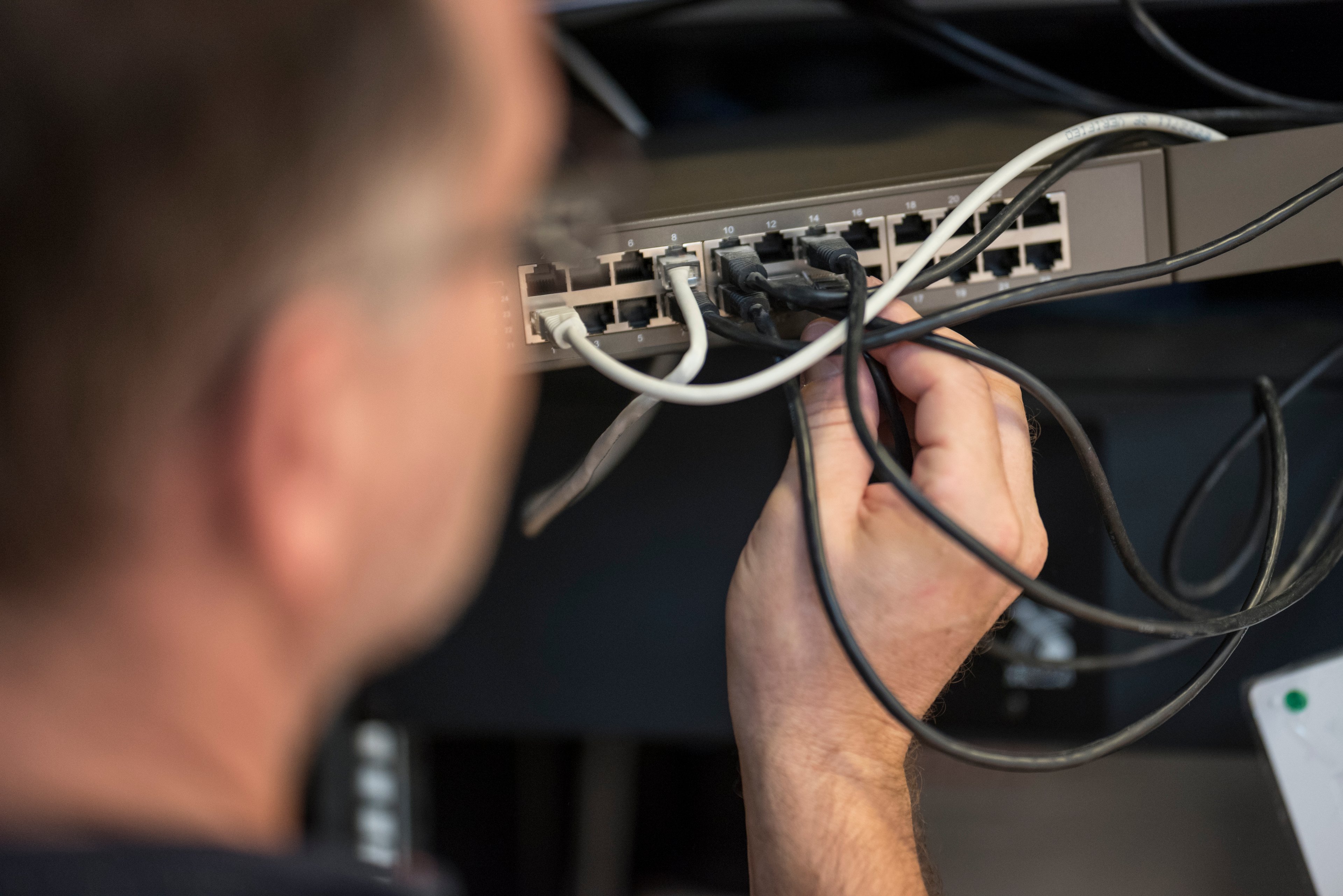At The Motley Fool, we poke plenty of fun at Wall Street analysts and their endless cycle of upgrades, downgrades, and "initiating coverage at neutral." Today, we'll show you whether those bigwigs actually know what they're talking about. To help, we've enlisted Motley Fool CAPS to track the long-term performance of Wall Street's best and worst.
Nokia ascendant?
Fans of Finnish cellphone maker Nokia (NOK 4.42%) got a confidence boost from Argus Research Wednesday. In a research note expressing four bars' worth of confidence, Argus raised its rating to "buy" from "hold," and slapped a $6 price target on the stock -- promising as much as a 60% one-year profit from the shares' current $3.75 level.
But is Argus right?
Let's go to the tape
Initial indications look good. According to our CAPS stats, Argus is one of the better analysts out there, ranking in the top 10% of investors we track, and getting the majority of its stock picks right. Within the cellphone industry in particular, the analyst also boasts a strong record of correctly picking Motorola and Qualcomm (QCOM +0.93%) to outperform the market (although it made a pretty bad call on Ericsson).
When it comes to Nokia, Argus argues the company must achieve a delicate "balancing act," simultaneously "maintain[ing] its global footprint in feature phones while gradually building its smartphone franchise." Tricky to pull off, but Argus thinks the company is executing well so far, and cites the recent introduction of two mid-to-low-priced smartphones (the Lumia 720 and 520), as well as a modestly priced, Internet-enabled Nokia 301 and a downright near-disposable Nokia 105 -- which costs only $20.
Industry analysts who spotted that last phone at this week's Mobile World Congress in Barcelona are said to be "astonished" that Nokia could build a phone so cheaply. Barron's notes that it looks ideal for sale into emerging market countries, boasting a 35-day standby time (yes, you read that right), in addition to being waterproof and drop-proof.
Meanwhile, the analysts at StreetInsider.com commented that Nokia appears to have put a bullseye on BlackBerry by allying itself tightly with Microsoft (MSFT 1.11%) and Windows. Ease of syncing Windows phones to Windows computers, argues SI, should make Nokia an obvious choice for corporate IT managers. After all, Nokia devices now account for about 75% of global Windows Phone sales.
Valuation matters
So Nokia has a plan in place. It has products. But does it have a price that makes the stock itself worth buying?
Clearly, Argus thinks so. But honestly, I have to say that the jury is still out on that. Remember: On a trailing-12-month basis, Nokia still isn't yet profitable. It's trading at 54 times this year's expected earnings, and 25 times what it might earn next year. Suffice it to say that none of these numbers look particularly attractive in light of the 5% annual profit growth rate that analysts have Nokia pegged for over the next five years.
Fact is, in order to make a case for Nokia being a bargain-priced stock, you basically have to assume:
- that the company should be valued on its free cash flow rather than its GAAP earnings,
- that it can reproduce the $550 million in free cash flow it produced in Q4 of last year, and
- that the company won't instead burn through nearly $640 million in negative free cash flow, like it did the quarter before that.
Then you have to argue that four quarters' worth of $550 million FCF ($2.2 billion in all) and a 6.4 times price-to-free-cash-flow ratio are close enough to Nokia's 5% growth rate to justify buying the stock.
Foolish final thought
All the while, you must also suspend disbelief about any company -- even Nokia -- being able to earn any profit at all selling hi-tech cell phones for $20 a pop. That's a tall order for any investor, and a lot of assumptions we're being asked to make, in agreeing that Nokia is a "buy," like Argus says it is.
Personally ... I have to say I'm inclined to give the company the benefit of the doubt. I think Nokia has turned the corner, and that $2.2 billion in annual free cash flow -- when combined with the $6.2 billion Nokia already has in cash (net of debt) -- is a big enough pile of greenbacks to make the stock worth buying at today's prices. But not all Fools will agree. If you think I'm wrong, tell me why in the comments section below -- and then back up your opinion with a negative CAPScall on Motley Fool CAPS.










